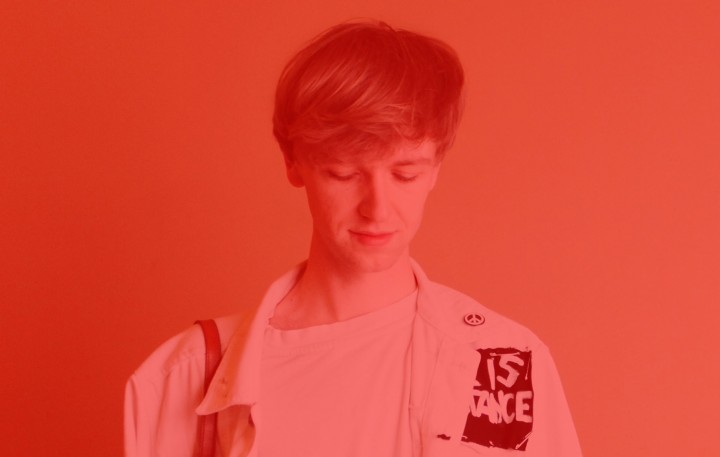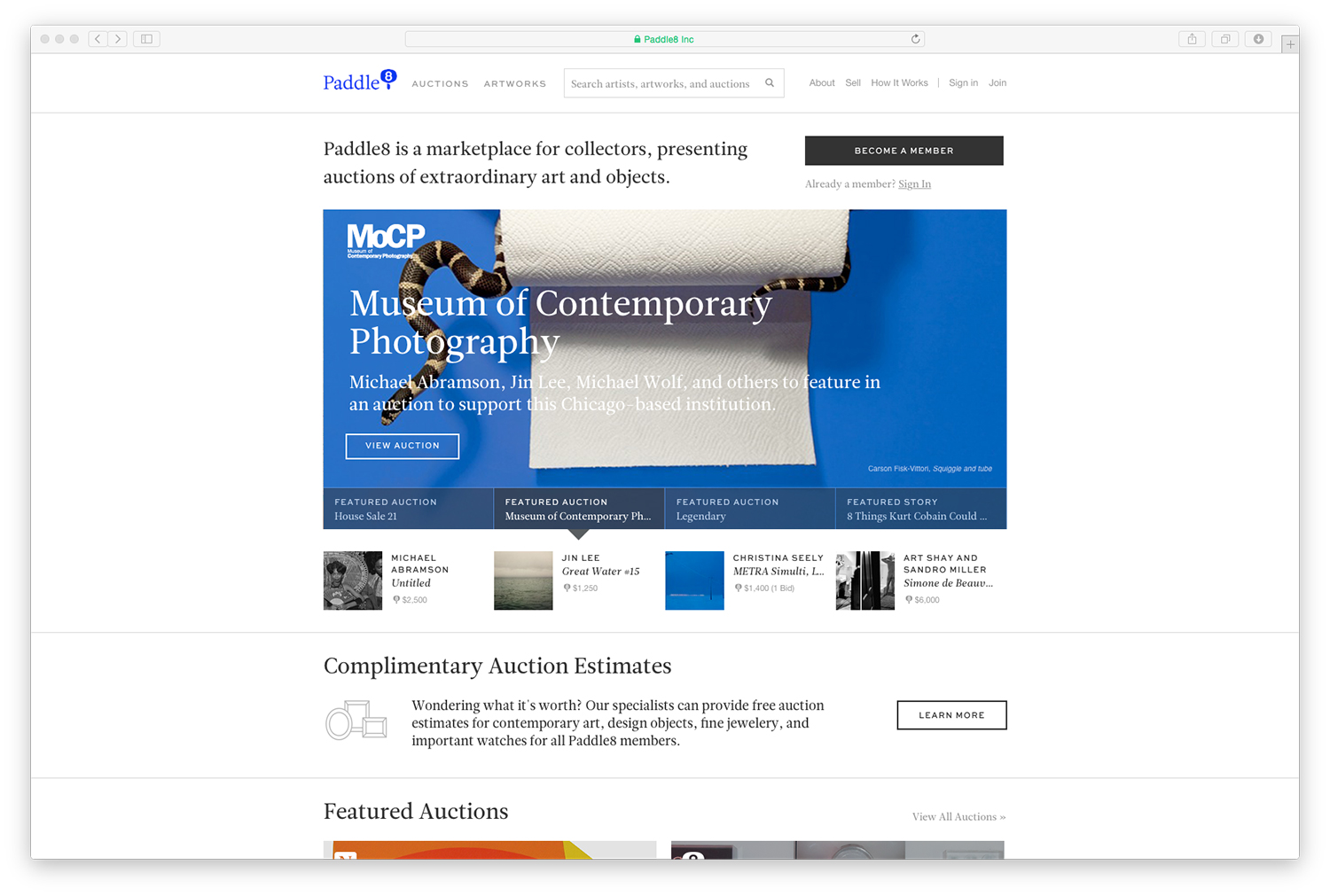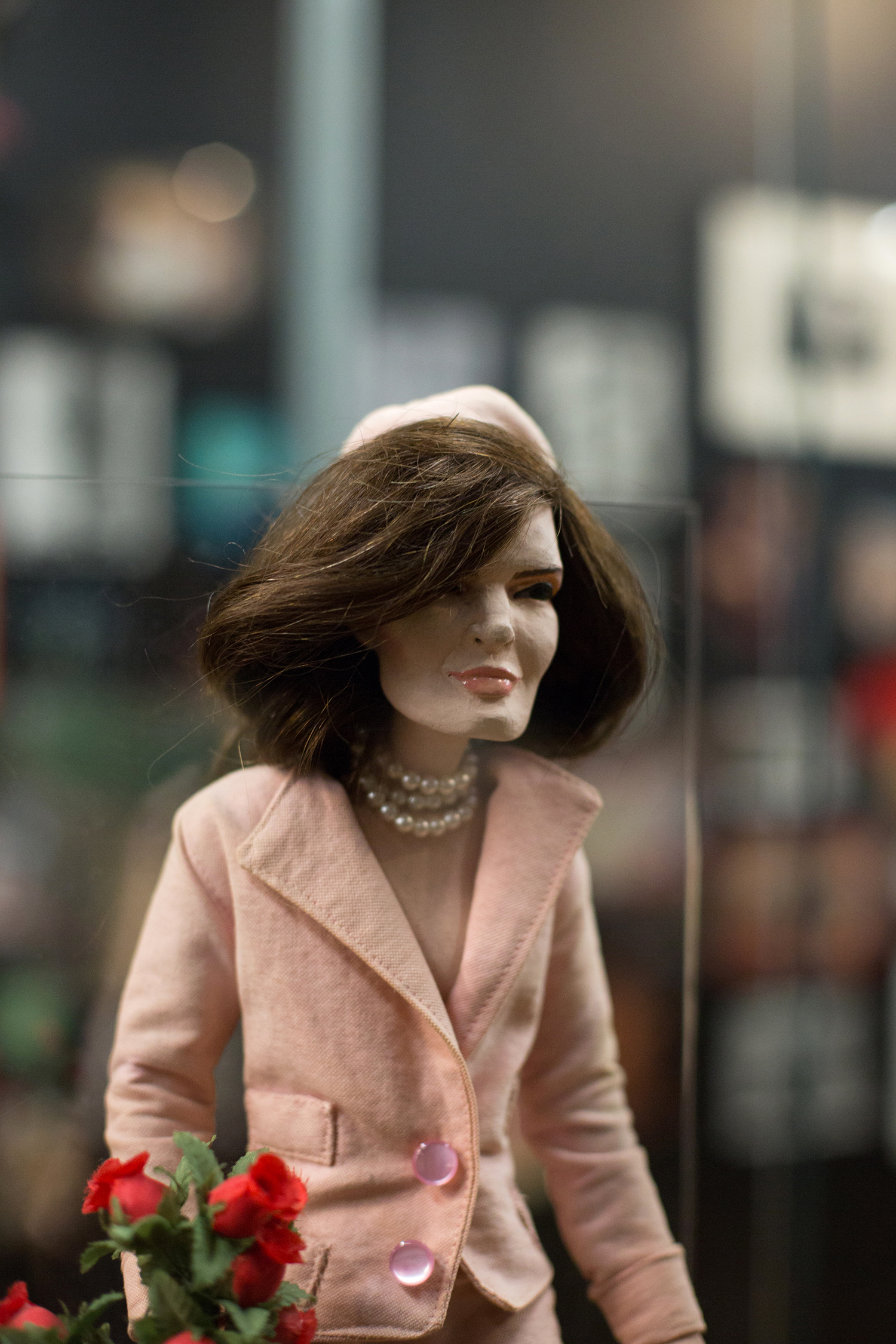
“That isn’t everyone’s reality.” Jack Latham (aka Jam City) is sitting at a table in a falafel restaurant in South London drinking black coffee and talking about the art world’s aestheticization of luxury advertising. “It’s creating this bizarre class island in underground music where it’s only there for people that can relate to other people that can afford an iPhone 6.” It’s midmorning, the place is empty and there’s an a capella song playing from a radio in a language that I don’t understand. Latham is wearing a gray trench coat — blonde hair, darker at the roots, in a high bowl cut — with patches on either arm, meticulously tacked on with safety pins and shouting “LOVE IS RESISTANCE” and “PROTEST & SURVIVE.” The jacket and its slogans would become the brand of all Jam City press interviews to come, and it’s the logical next step since the last time I noticed a non-conformist catchphrase as part of Latham’s wardrobe. It was through my laptop and via YouTube for a music video for “Unhappy,” the lead single from his second album, Dream a Garden, forthcoming in March 2015 from taste-making UK label Night Slugs. In it you can see him stalking London’s streets with “CLASS WAR” emblazoned on his back. He walks along a wall of Barclay’s ATMs, a garden path and a display of mannequins in a department store window. It’s a dreamy, trippy journey through the everyday overload of modern city life, but Latham’s style — punk rock, social anarchist — seems almost trite in its hopeful nod to uncynical resistance.
“We’re losing our own ability to dream,” Latham says about the problem of simply mimicking the corporatized mainstream in art and alternative culture. “We’re replicating those things. Where before there’s always been a sort of disconnect — there would always be a sort of subversiveness in cut-ups of popular culture. I don’t think we even have that anymore. I think it’s just literally replicating violent images with the thinnest shred of irony to stop them from being sexist images; a racist image and an image of violence. We have to really say no to that, it’s so dangerous.”

This is an important point because a lot’s changed since Latham released his first LP, Classical Curves, in 2012. He’s a producer who’s made a name for himself on the UK EDM scene for his lethal, post-dubstep-inspired osmosis of grime, garage, hip-hop and videogame samples, melted down into the metallic crush of the sound of chromium made animate. On that record, there was the relentless paparazzi assault of camera flash percussion in “Her” and the rumbling ’80s gunshot swagger of “Hyatt Park Nights Pt. 1.” Dream a Garden, though, sheds the desire for destructive hedonism that both Latham and his ultra-futuristic end-times Night Slugs labelmates have hitherto been hurtling towards, in favor of something a little less Accelerationist and a little more optimistic. “I’ve probably been guilty of it in the past as well, but it says a lot about the poverty of imagination that we have, that these things happen in underground art culture. It’s not part of the mainstream, and yet the furthest point where we can dream is already what we see on billboards, on the sides of buses and on boxes of things we buy. That’s why for me it’s important to be a bit like, ‘this isn’t okay,’ but also be optimistic about it and be like, ‘how can we turn this into a genuine site of possibility?’”
Dream a Garden breathes that possibility. Whether it’s in the woozy crash and clatter of malfunctioning funk in “The Garden Thrives” or the gothic R&B trip of “Proud,” there’s an honesty and an affection for being alive. But in song titles like “Crisis” and “Black Friday,” it still recognizes life’s problems and, as it turns out, most of them are economic. “There’s this insane speech by David Cameron where he says something like, ‘this is completely unacceptable. These are criminals and they’re thugs and we’re doing everything in our power to make sure people can feel safe going shopping again,’” says Latham laughing bitterly to himself about an awakening he experienced during the 2011 London uprisings, when the city’s youth took to the streets in protest against police brutality, before things turned violent and the government responded by revealing its true agenda. “Like, that is outrageous! It’s so obvious and it’s right in front of us.”

Latham speaks fast and in fragments. His accent is decidedly of the British suburbs where he grew up, and it’s delivered at a nervous, feverish pace that is sometimes hard to follow. Sentences fade off before finishing, words vanish and resurface in the wrong context or as the opposite of what you know is meant (but you understand it anyway). It’s because everything Latham is talking about is urgent, and everybody’s feeling it. “You can’t even get a pint of milk without encountering some sort of aspirational message being shouted at you,” he says about the overwhelming influence of advertising inundating our everyday, especially in a city like London. “And I’m still like, ‘why do I feel depressed and low on energy all the time?’ I guess I’m trying to say that there’s nothing wrong with us — it’s the system that we’re being held in at this particular bad point.”
In the “Unhappy” video — directed with artist Canela Roan Blue — an empty carpark, garbage and a woman objectified in a perpetual #selfie pose are transposed and overlaid in a montage of dream-like, washed out images. It’s seductive and intoxicating, but it’s also poisonous. “It’s increasingly difficult to maintain emotional and mental health in the society that we live in because we are completely colonized by work — and the promise that work will bring us that satisfaction — and we spend all our time trying to get there,” Latham says about the global cycle of exploitation. “We don’t benefit emotionally from capitalism. We might benefit financially from it, but I think it rewards tendencies in people that aren’t conducive to their mental well-being.”

On the Jam City website, there’s an embedded player of “Unhappy.” The YouTube video is framed by the photo of demolition-site rubble from the Dream a Garden album cover and hidden by the spam-world debris of digital ads and newspaper cutouts: The Gap’s “Dress Normal” advertising campaign slogan, a headline saying “2014 Resolution Special: Aggressive Weight Loss” and a sentence fragment that simply reads “and no future.” Live Leak, machine guns and a bag of money. Xtube, health supplements and infrared military footage. You have to click through the visual detritus to get to the actual video with its equally unsettling message. Here, Latham’s voice barely emerges from under the gauzy film of a synth ambience that sounds like an over-exposed image, guitar strings billowing in the distance: “Men are gonna regret / Growing up in total war / You can prove it in your music / The will to disconnect.” It’s a sobering message from an artist who’s calling it as he sees it, however poetically. But for Latham it’s a sight that will be no surprise for anybody. “Everyone knows that the situation is really bad right now,” he says about the explicitly political impetus of the Dream a Garden project-at-large. “More so than ever, I think people are more in tune with things. There’s more of a dialogue or at least access to a dialogue. But the pessimism is still there and our ability to imagine alternatives, or our ability to just ask ‘what if?’ has been colonized and co-opted by someone saying, ‘No, not really. You’re wrong. You will just work forever. But we can give you shiny gadgets to play with, if you’re lucky.”
Twenty-six years old and educated at Camberwell College of Arts, Latham is of a generation that in its own lifetime has witnessed a seismic shift for the worse in the social and cultural conditions of London, the UK and the world. Paid education, the gradual dismantling of the welfare state and a rise in conservative political backlash in response to the GEC: gentrification, economic war, the dawn (and downfall) of the internet. All of these events have left an indelible mark on the shared psyche and combined trauma of growing up through the turn of the 21st century. “Half my childhood was spent without an internet connection, and then I was lucky enough to have one,” Latham says in contemplating just how radically life changed for him with the development of fiber-optic communications. “I think that, perhaps, for my generation the two defining points were the rise of information culture, on a really personalized level, and also a huge, huge pessimism growing up with the Iraq war. I remember a genuine surge of people saying, ‘no, we don’t want to go to war,’ and we did go to war. So I don’t blame people for feeling hopeless after that. I mean, what’s the fucking point?”

“I wanna laugh about it / But I just can’t laugh about it,” states the Jam City prose-for-a-press-release that came with the album announcement in January this year. With white text on Red Army red, there’s something refreshingly naïve — or hopeful — about this aspirational mission statement that closes with “dream a garden, it’s weeds quietly gatecrash this world.” It’s within the realm of possibility, in a seemingly bleak global outlook built on disaster capitalism and networks of exploitation, that Dream a Garden lingers. “And not so long ago / I was a child with a computer,” Latham croons through the mechanized funk and bending sine wave signals of “Today.” “But anyway / I guess it’s back to the / Porn and Adderall / Next to no pay.” This is music that isn’t blind to the reality of an era of economic hardship but still manages to make something that sounds beautiful. “There is a flip side that people kind of forget when they choose to go down the route of ‘consumerist aesthetics’ or whatever. That is that it’s really mundane,” says Latham. “It’s really boring. No one really wants to talk about it, but you might zoom in on the super glossy, 3-D photo of an orange on a billboard but then, if you zoom out of that, you’re just in a really shitty shopping center in the suburbs. Things aren’t that glamorous, guys. I kind of want to see that reality as well. I want to contextualize that.”
An awareness of liminal space as a place for action and opportunity underpins Dream a Garden. Its cover depicts the ruins of a building bulldozed beside the studio where the album was mixed. For Latham it’s an incredibly hopeful site of action, however transient. “I became really obsessed with building sites and also obsessed with the little walls that they put around it, with a photo of grass or something. It’s like, ‘what are you trying to hide?’” he says about the facades often erected to conceal these places of corporate destruction. “This is the desert that we’re in right now. It’s a space that used to be owned by someone. It isn’t owned by them anymore, but it hasn’t been colonized just yet. And that’s why I find the walls so offensive. Because it’s like, ‘why can’t people look at that and imagine something in that space that hasn’t been claimed yet?’ That’s what I find quite magical about building sites. Even though they are owned, and they are being developed and torn down by a company with the same plans, it’s almost like a little rest for your eyes and your brain. To not see something that functions in an economic sense. It’s like, ‘wow, something can happen here.’”





